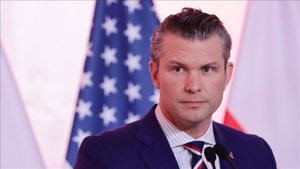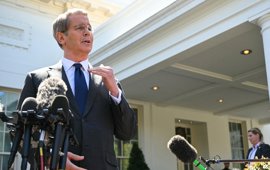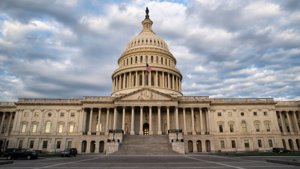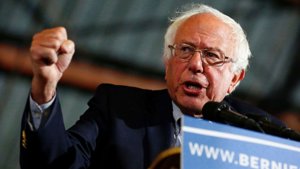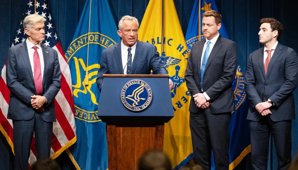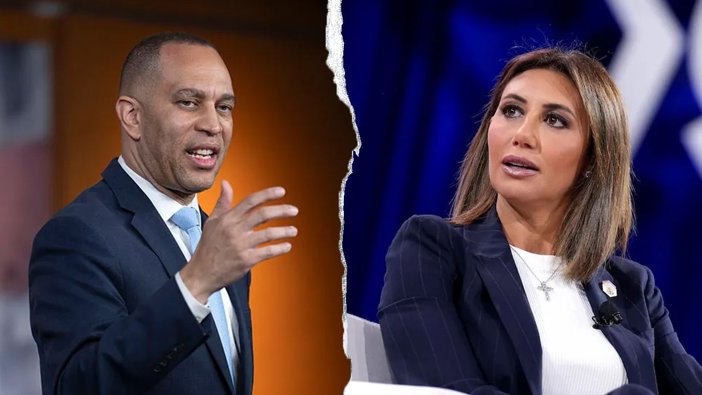
Jeffries Hit with Ethics Complaint Over Habba Ouster Push
House Minority Leader Hakeem Jeffries faces an ethics complaint for urging federal judges to oust U.S. Attorney Alina Habba over her prosecution of Rep. LaMonica McIver.
Complaint Accuses Jeffries of Improper Judicial Influence
House Minority Leader Hakeem Jeffries, D-N.Y., is under mounting scrutiny following the filing of a House Ethics Committee complaint by Republican legal activists. The complaint alleges that Jeffries inappropriately sought to pressure federal judges to remove acting U.S. Attorney Alina Habba from her position. The controversy centers on Habba’s decision to prosecute Rep. LaMonica McIver, D-N.J., on charges of obstructing Homeland Security agents during a contentious incident at a Newark immigration facility on May 9.
McIver, who has pleaded not guilty to all charges, is scheduled to stand trial on November 10. The charges stem from a clash that erupted during a congressional oversight visit that coincided with an immigration protest at the Delaney Hall immigration facility. According to a Department of Justice release, Newark Mayor Ras Baraka was admitted to a secured area of the facility and refused to leave when directed by federal agents. The confrontation escalated when officers attempted to arrest Baraka, and McIver allegedly intervened physically, leading to charges of obstruction and assault on federal officers.
The incident, which has already drawn national attention, deepened after Jeffries posted on social media that Habba was a “woefully unqualified political hack” and demanded that federal district court judges reject her continued tenure. “The so-called U.S. Attorney in NJ maliciously indicted Congresswoman LaMonica McIver for doing her job,” Jeffries wrote, calling for Habba’s removal and characterizing the prosecution as a political attack on a fellow Democrat.
Political Motives and Judicial Independence Questioned
Legal activists contend that Jeffries crossed a line by leveraging his official position to influence ongoing judicial proceedings for partisan reasons. “A House member – particularly the House Democratic leader – who disagrees with the merits of a pending criminal case abuses his official position when he attempts to strong-arm federal judges to corruptly prejudice the ongoing criminal proceeding by firing the U.S. attorney for the purely political reason of protecting a partisan House colleague,” the complaint stated, urging the Ethics Committee to hold Jeffries accountable.
Alina Habba, a former Trump campaign legal spokesperson and White House counselor, was appointed as acting U.S. Attorney for New Jersey by Attorney General Pam Bondi in March. Her permanent confirmation remains stalled in the Senate. However, a decision by a majority of New Jersey’s 17 federal district court judges—15 of whom were appointed by Democratic presidents—could keep Habba in office for the duration of President Donald Trump’s current term.
The criminal charges against McIver are significant: each of the first two counts carries a maximum eight-year prison sentence, while a third count could result in up to one year of imprisonment. The charges allege that McIver physically blocked officers, using her forearms to impede arrests during the altercation at the Newark facility.
The controversy has prompted further political fallout. The Campaign for Accountability, a liberal watchdog group, has also filed a complaint against Habba, alleging she targeted McIver and Mayor Baraka as retaliation for their participation in the protest and oversight activities—suggesting the prosecutions are politically motivated due to their opposition to President Donald Trump’s policies.
As both parties accuse each other of politicizing the justice system, the unfolding case underscores growing tensions over the proper boundaries between congressional authority and judicial independence. The outcome of both the ethics inquiry and the criminal trial could set important precedents regarding the influence elected officials wield over ongoing legal matters. The House Ethics Committee has not yet responded publicly to the complaint, and Jeffries’ office has not issued a statement.

